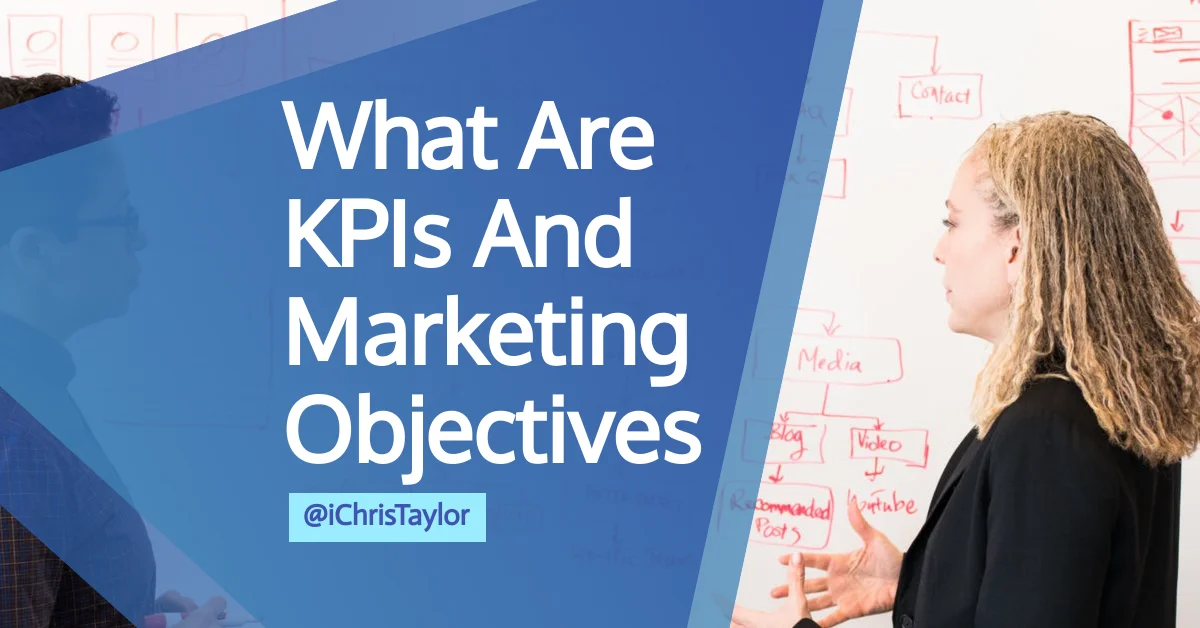A Content Strategy is positioned above all of your other strategies. It’s more important than your brand strategy. It’s more important than your communications strategy and it’s more important than your content marketing strategy.
A Content Strategy will influence a Content Marketing Strategy, but you shouldn’t confuse the two. They both have very different objectives.
What’s the Difference between a Content Strategy and a Content Marketing Strategy?
If you create content that is valuable to your audience and serves a marketing purpose for your business, you are doing content marketing. In other words, a Content Marketing Strategy is driven by your marketing campaigns. I would bet that you also create content for non-marketing purposes. All content you create in a business context, must contribute to your business objectives.
Did you know: understanding the difference between content strategy and content marketing strategy can help in uncovering your brand’s messaging potential.
Do you measure and evaluate all of your content?
A content strategy aims to unify all of your business content and communications to ensure you are meeting your business objectives.

What is a Content Strategy?
I default to this definition from Kristina Halvorson:
“Content strategy guides the creation, delivery, and governance of useful, usable content”.
I use Content Strategy to prioritise content ideas that support my business goals and objectives. These could be for brand awareness, engagement or lead generation.
Tip: Content Strategy doesn’t just focus on external audiences. Employee engagement could be one of your business objectives. Your Content Strategy would determine how you approach your internal communications to ensure your content remains consistent with your brand.
Here’s a brief outline of what a content strategy will include:
Brand, Brand Identity, Brand Story
Your content should reflect your brand. How can you ensure consistency?
Knowing the difference between content strategy and content marketing strategy can assist in creating an effective brand messaging strategy.
Audience research
This goes beyond defining your audience. You’ll actually specify what your audience wants and needs from you.
Content
This is where you identify the content you need and the purpose it serves.
Define goals and objectives
Never create content without a specific purpose.
Remember, your content needs to support your business objectives.
What is the operational impact of the content strategy to your business?
It’s inevitable that a business strategy will have some impact on other parts of your business or organisation. Who is going to be impacted by your content strategy?
Our guide to content strategy frameworks can help you clarify the difference between content strategy and content marketing strategy.
Content Planning
You need to create an editorial calendar and guidelines for the content you plan to create.
Content Distribution
Where are you publishing and distributing your content? Where is your audience?
What is a Content Marketing Strategy?
With a content marketing strategy, you will have a specific purpose for the content you create and promote. Content marketing is much more focused than a content strategy. A content strategy will encompass a holistic view of your business. Your content marketing strategy will be focused on contributing to a specific business objective. In this context, you may have multiple content marketing strategies. You will only have one content strategy.
Your content marketing strategy will include the following:
What’s the purpose of your strategy?
- You want to clearly state your mission
- Establish goals
- And set KPIs
Distinguishing between content strategy and content marketing strategy is crucial when repositioning your brand with a content strategy.
Who are you targeting?
Identify your ideal customer or audience.
What content will your audience demand?
Establish the content that your audience wants.
What problems can you solve?
Audit your existing content and identify any gaps in your content.
Content Planning
From brainstorming to managing your content.
Which content types and formats do you need?
What’s your ideal user journey?
Do you need to create a funnel?
Understanding the difference between content strategy and content marketing strategy can enhance collaboration between content creators and digital content strategists.
Content Distribution
Where are you sharing your content?
Content Calendar
How often are you publishing and sharing content?
Which tools are you going to use?
Where is your content going to be stored?

Summing Up
The main differences between the two will be ‘the who’ and ‘the why’.
Your Content Strategy will identify many audiences specific to your business objectives.
Your Content Marketing Strategy will identify an audience specific to that marketing campaign.
Your Content Strategy will take the big picture approach to your content – why are we producing content at all?
Your Content Marketing Strategy will specify why your content will contribute to that marketing campaign.




